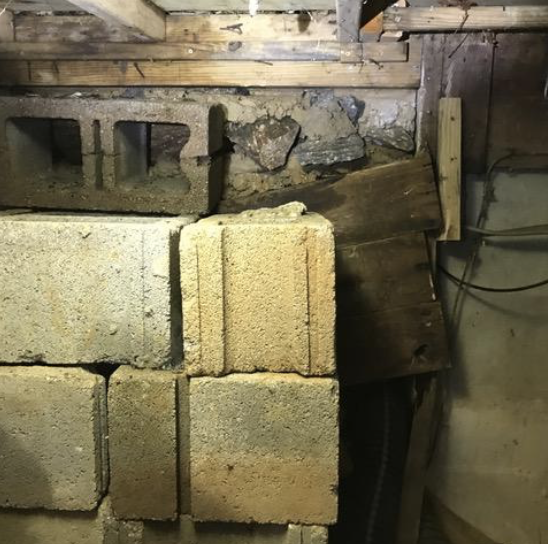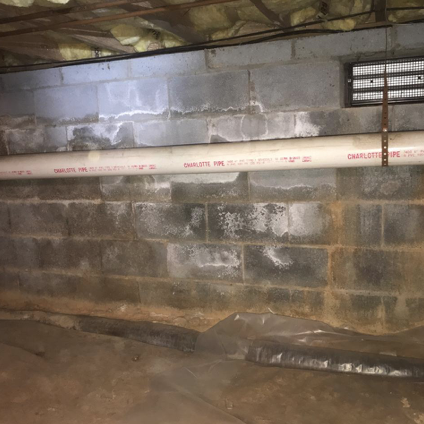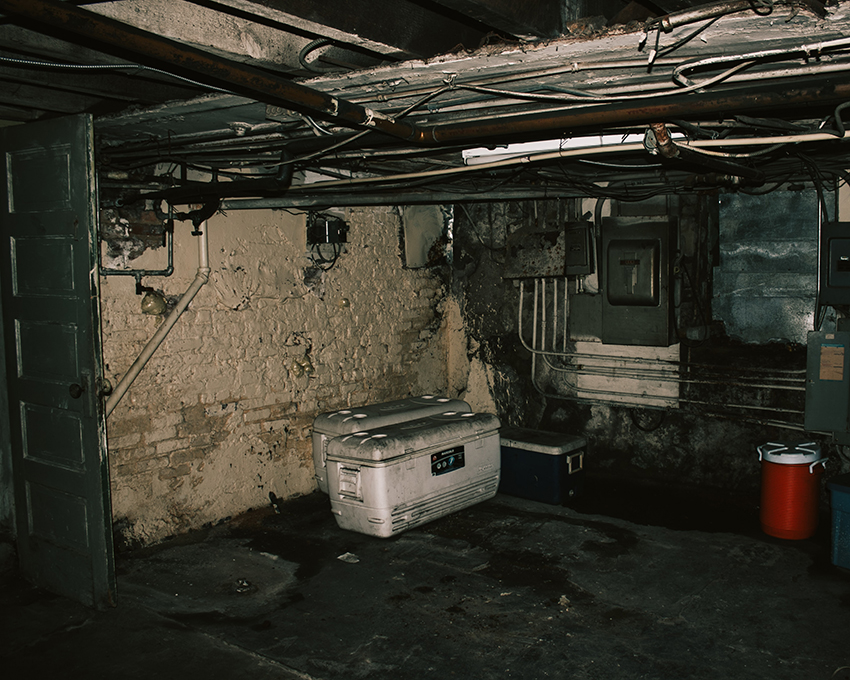
Everyone knows that you need to get a thorough, professional home inspection before purchasing a home. Sometimes it’s all smooth sailing, but there are times when inspectors zero in on serious issues. Are these issues “deal breakers?” That depends on how serious (and expensive) they are, but it also can depend upon the direction of the real estate market at the time.
In areas where there’s a glut of homes, buyers have a lot of leeway in demanding that sellers make fixes before the sale. However, in a hot sellers’ market like Western North Carolina is in currently, sellers know that buyers can’t be too choosy and are more reluctant to agree to expensive fixes. But there are some issues that need to be fixed before lenders will agree to finance the property. Let’s look at some of the more serious issues that may arise in a home inspection.
Foundation issues
Nearly all houses have some kind of “settling.” Over time, a home’s weight causes it to settle into the ground. This can create hairline cracks in the basement or even in walls. Most of these small cracks are not significant, but larger cracks can indicate a serious problem.
For example, a quarter inch crevasse traversing a basement wall from floor to ceiling might indicate a serious problem. A house supported on concrete blocks is an accident waiting to happen. Likewise with slanted floors. If the house has settled too much, it may result in structural weakness. If cracks are large, the inspector may recommend a structural engineer to decide whether they are dangerous. If the home has serious structural issues, this is likely to be very expensive, and until it is fixed, banks may not offer financing on the structure.
Water damage
When there is standing water in the basement or evidence of water stains elsewhere in a house, inspectors hear alarm bells. While a small water stain on the ceiling may look like a simple fix, it could be evidence of a wider problem. Water works its way downward, so a stain in the basement might be caused by a leak in the roof.
The trouble could be the roof or skylights, drain tile cracks, or a serious issue with the home’s plumbing system. The cause should be determined before buying the home. Water intrusion in a home can lead to another serious issue, and that is mold.
Black mold
It’s not unusual to find surface mold in poorly ventilated bathrooms, but black mold in a basement or crawl space is a far more serious issue. Black mold can cause allergies, asthma, and other serious health issues. If mold is widespread, the cost of remediation can be very expensive.
First you must bear the cost of removal, and then the added costs of making sure it doesn’t return. Serious mold issues might be due to foundation cracks allowing water to seep in, or it could be caused by roof leaks or plumbing failures. Any of those three causes require expensive fixes.
Antiquated or faulty electrical systems
Pre-1960 homes may have an antiquated “knob and tube” electrical system. In most areas, those systems don’t meet local codes, which means the home’s entire electrical system will have to be replaced. In some cases, walls may have to come down in order to do the wiring repairs.
Speaking of wiring, old wiring may be a serious fire hazard, and replacing it can set you back many thousands of dollars. Then there’s aluminum wiring, which was discontinued in Western North Carolina after 1974. Aluminum wires can overheat, resulting in fire damage. If a home is found to have aluminum wiring, it will need to be replaced.
Vermin infestations
There are vermin, and then there are vermin! It’s not too serious if an inspector finds some evidence that there were mice in the home. Most homes will host mice from time to time, and the owner can put out traps or even get a few cats to remedy the situation.
Termites are another story entirely. Termites show up when moisture gets into wood in your home, and they can literally eat you out of house and home, as the saying goes.
Getting rid of them can be difficult and very costly. First you must kill them, then you must replace the wood they destroyed, and finally you must keep an eye on the area to be sure they don’t come back. Small areas can be spot treated, but larger infestations may require tenting the house, and this is a costly endeavor.
Inspectors may find other pests, such as squirrels, bats, and raccoons. They will need to be removed by professionals, and then their means of entry must be sealed up. This requires some repair, but is far less of an issue than termites.
These are some of the more serious issues home inspectors find. Are they deal breakers? They can be. If they prevent lenders from financing the property, they will have to be fixed, but in a hot sellers’ market it may be more difficult to get sellers to make these repairs. However, as most realtors will tell you, “Everything is negotiable.” It’s always an issue of what each side is willing to compromise to make the deal happen.
Buying or selling a home?
Avoid unpleasant surprises! Contact Asheville Home Inspector Peter Young before signing any contracts. Call (828) 808-4980, or click here to make an appointment.



